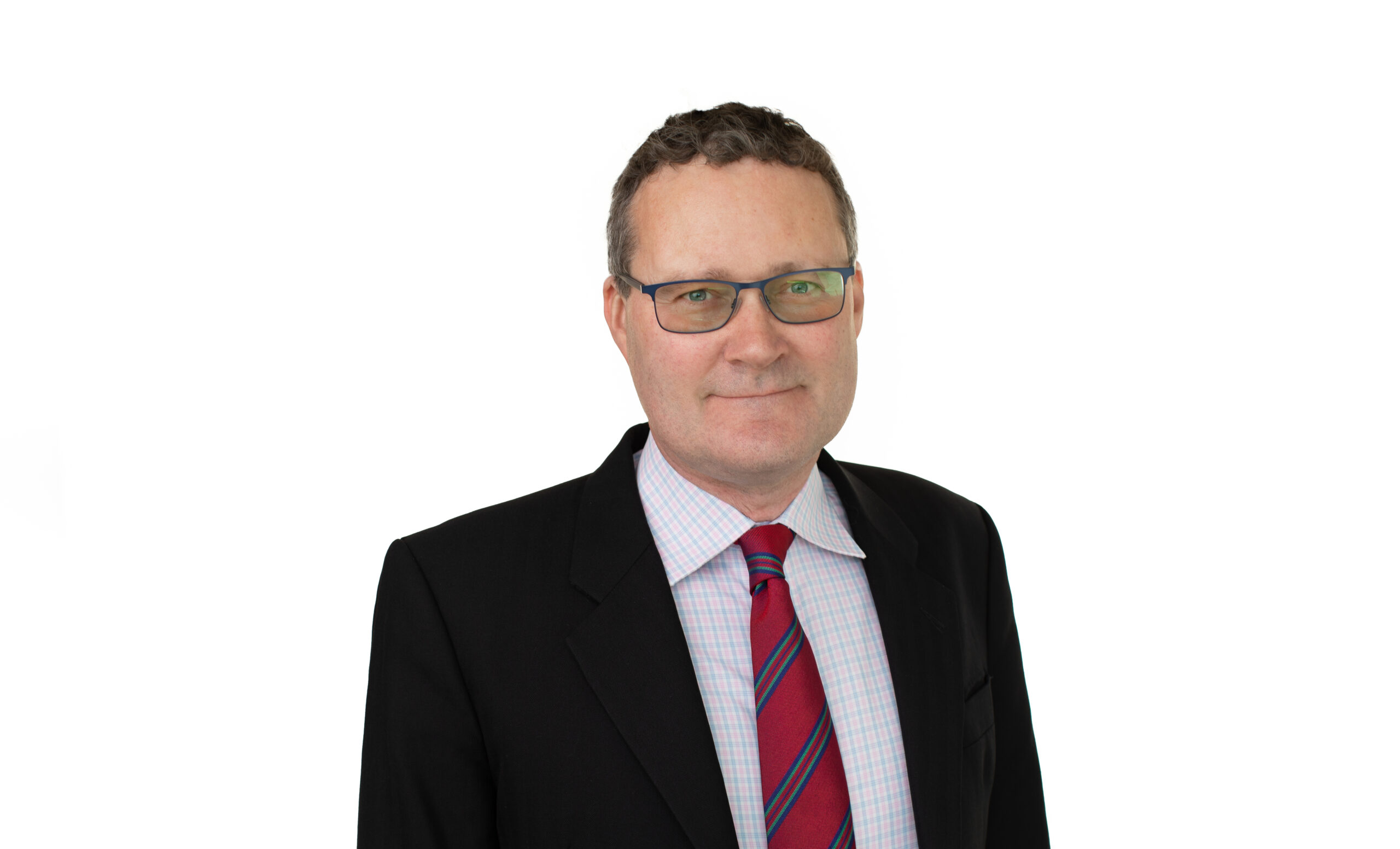Chris Hiorns, manager of European equities at EdenTree, answers Portfolio Adviser‘s questions.
How does this European equities fund set itself apart from the European market?
The investment approach is value-orientated, which is unusual among many of our peers. That said, while my stock picks tend to be contrarian in nature, I’m not dogmatic and have the flexibility to adapt as the cycle turns and to continue to hold once value opportunities take on a growthier hue. This sets the fund apart from most other European sustainable funds which tend to have a very strong growth bias. The fund also integrates a comprehensive and robust responsible and sustainable approach to analysing companies which includes a screening process.
This approach separates out the decision points at the end of the process between the investment and responsible investment teams with each taking responsibility for their respective areas to ensure a more robust process than many others in the area. As the fund’s manager for over 15 years adopting a consistent approach, I also have a longer track record in ESG investment than many peer managers.
We have had lots of people talk about investors abandoning UK and European markets recently – why is that and where are they going?
I think this has mainly been on the institutional side with life, pension and charity funds all reducing equity exposure generally and increasingly following a more global approach to equity allocation. Previously, many would have followed an approach which specified separate allocations for UK and overseas equities. This has led to funds significantly reducing their UK allocation which is under 5% of the global equity market indices and dramatically increasing exposure to the US equity market which is now over two-thirds of global markets in some indices.
Part of this has been driven by a self-fulfilling prophecy as the strong performance of the US equity market has led to both a higher weighting in indices and a perception that the US will continue to deliver strong performance regardless of the valuation gap that has developed between the US and other global equity markets including Europe and the UK.
Is this set to change? Are prospects improving in Europe?
The European and indeed the global economy is clearly suffering from the impact of the Ukraine war on the commodity markets even if energy prices have begun to ease. Still, Europe appears to be in a stronger position than the US for the first time in many years. This is not least because the US regional banking system appears to be in poor shape and even beyond the immediate impact of the collapse of regional banks like SVB, First Republic, etc., you will also have the second-order impact of the regulator demanding increased capital. The US economy is also likely to be more prone to the collapse in private equity and IPO funding for new private technology companies. In comparison, the European banks seem a lot stronger this time around.
See also: Q&A with Antipodes’ Savas: Three factors that led to SVB collapse
Have you avoided the banking sector turmoil?
The fund wasn’t completely immune to the banking sector turmoil. It had an overweight to the sector through increased investment in European retail banks during the Covid period and indeed by the start 2023, it became one of the fund’s largest overweight positions as the sector strongly outperformed. The decision to reduce exposure to the sector in January and February, primarily for risk reasons and to lock in some profits, meant the effects of the turmoil were moderated somewhat, although they were not completely avoided.
Which areas have you been adding to recently?
It really has been a bit of a mix but more recently it has been more towards cyclical names as these have often sold off a long way and are still generating strong performance. These have included names like the staffing company, Randstad, which is benefiting from labour market tightness and generating strong profits. I did take some money out of Saint Gobain on the grounds the construction sector is being hit by higher interest rates but reinvested into Autoliv, another cyclical, which should be supported by the still robust demand for cars. I also increased exposure to Yara which is benefiting from the strong demand for fertiliser but also has huge opportunities in the nascent green hydrogen industry, which is expected to replace oil in energy intensive industries and transportation, through its ammonia business.
What are the challenges and opportunities over the next cycle in Europe?
This is the first time since the credit crisis that we really are back into the territory of a more conventional business and investment cycle compared to the long ‘ice age’, of low growth and low inflation that we suffered post the credit. Clearly the central banks completely misjudged the strength of the post-Covid recovery and were ill-prepared to handle the inflationary impacts of the Ukraine war.
In the short term this means that the greatest threat to equities may well come from higher financing costs, so ensuring balance sheet strength will be essential. Further out the threat of recession may loom but at the moment with employment across developed markets, the demand outlook doesn’t seem to be as bad as the markets are pricing in. Overall I think a focus on stock picking will be very important as the market tends to price down entire sectors even when the investment drivers for individual companies can be very different.







